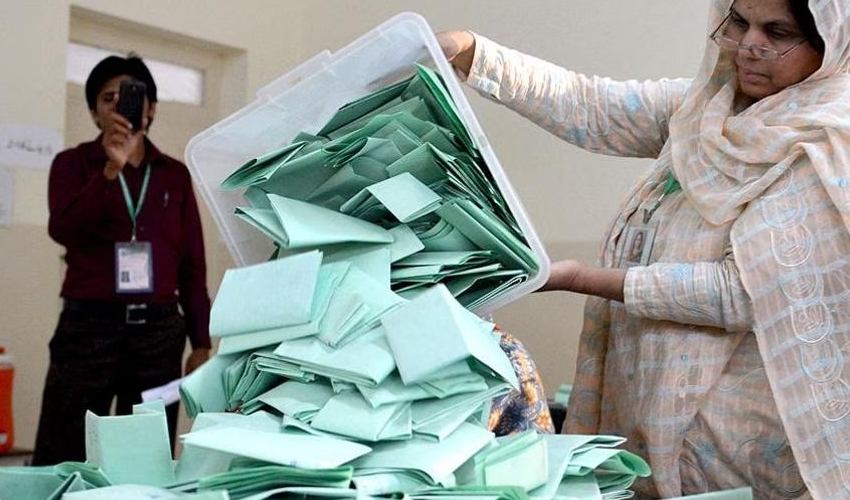The transparency of recent elections in Pakistan has come under scrutiny following a preliminary observation report released by the Free and Fair Election Network (FAFEN), which highlighted significant irregularities and challenges faced during the electoral process.
According to the report, while the transparency at polling stations remained relatively intact, concerns were raised about the integrity of the process within the offices of the returning officers (ROs). The report indicated that 1.6 million ballot papers were rejected nationwide, with 25 constituencies experiencing a higher margin of rejected votes compared to the margin of victory.
One of the key issues highlighted in the report was the restricted access of observers to the offices of ROs, with 130 observers reportedly denied entry. Additionally, the report revealed that in 28% of polling stations, observers were not provided with copies of Form 45, which documents the polling results.
The organisation also noted that on February 8, more than 50 million voters exercised their right to vote in the country. Political parties participated in the election despite chaos, terrorism and not getting a level playing field.
Mussarat Qadeem, the FAFEN chairperson, commended the efforts to conduct elections amidst challenges such as chaos and terrorism lasting two years, but emphasized the need for transparency and equal opportunities for all political parties. However, concerns were raised over delays in the election process, complicating the overall transparency and raising questions about the validity of the results.
She also asserted that a copy of Form 45 was not given to observers at 29% of the polling stations.
Rashid Chaudhry, a coordinator at FAFEN, echoed these concerns, noting that Form 45 was not provided to observers at 29% of polling stations, while observers were denied access to RO offices in 130 constituencies.
According to the FAFEN report, the voter turnout across the country was recorded at 48%. In light of the raised concerns, the network called upon the Election Commission of Pakistan to promptly address the grievances of political parties and candidates regarding the election results, emphasizing the importance of ensuring transparency and credibility in the electoral process.
As stakeholders await further developments, the findings of the FAFEN report underscore the need for comprehensive reforms to strengthen the integrity and transparency of future elections in Pakistan.


























